The views expressed in our content reflect individual perspectives and do not represent the authoritative views of the Baha'i Faith.
Earlier this year, I began working with youth on the autism spectrum as a behavioral therapist—and discovered a source of insight and inspiration in the process.
In April, I attended a talk by Dr. Temple Grandin, a professor and best-selling author diagnosed with autism at the age of two in 1949. Though “experts” advised her parents to institutionalize her, they instead placed her in a structured nursery school, enrolled her in speech therapy, and helped her pursue her education. She went through significant pain and social difficulty in childhood and adolescence, but went on to become a professor of animal science and an advocate for the rights of autistic people. Her work shed new light on the inner reality of those with autism, and greatly increased society’s understanding of people with developmental disabilities.
Dr. Grandin’s experience illustrates how focusing on genetic or other “defects” may cause us to overlook the innate capacity for education in every human being. No matter what, Dr. Grandin’s example proves, everyone can contribute in some way to the advancement of society.
Before Dr. Grandin, many regarded autism as a living death sentence. Since entering the public sphere, she has advanced our understanding of the brain, of human perception, and of the sensory processing issues that affect millions of people around the world. If her parents hadn’t fought for her education, or if she didn’t exert effort to excel in a profession, humanity might have lost her remarkable insights, intelligence and capabilities. Yet, for over 20 years she has helped advance science and public consciousness, a feat our old assumptions prohibited any autistic person from accomplishing.
I’m a Baha’i and, according to the teachings of my faith, we all belong to one human family. Picture humanity as a single organism, all of us functioning as one human body with billions of differentiated and specialized cells integrated into a unified whole – a whole that brings forth consciousness and expression. With an insufficient flow of communication and resources, the body may lose physical or mental coherence. This happens at the universal level, too, when we fail to integrate important segments of humanity, like those with disabilities. The Baha’i teachings put it this way:
It is obvious that all created things are connected one to another by a linkage complete and perfect, even, for example, as are the members of the human body. Note how all the members and component parts of the human body are connected one to another. In the same way, all the members of this endless universe are linked one to another. – Abdu’l-Baha, Selections from the Writings of Abdu’l-Baha, p. 47.
Thinking about the remarkable capacities of people like Dr. Grandin invites us to increase our consciousness of the oneness of humanity. At present, society often segregates people with mental or developmental disabilities from the rest of the community, or dismisses them as lacking meaningful capacity. How do these patterns of thought potentially harm or help our brothers and sisters who live with disability? What insights can they offer?
The process of fully integrating people with disabilities into society—which ensures the health of the whole body of humanity–will require a great deal of education, sensitization and perseverance. However, in the short term, one concrete and immediate step we can take at the level of social norms and policies is to ratify the Convention on the Rights of Persons with Disabilities, now pending before the U.S. Senate.
The CRPD, or disability treaty, patterned on the Americans with Disabilities Act, sets international standards for the treatment of persons with disabilities. It would assist people like Dr. Grandin and others, helping to protect them from discrimination and have the opportunities they need to thrive. A billion people live with a physical or mental disability, so the world desperately needs this treaty–and while 150 countries have ratified it, the U.S. has not yet done so.
If the United States joins the treaty, it would signal the country’s continuing commitment as a moral leader on disability issues, and would enable the U.S. to work more effectively with other countries to improve their accessibility standards. This much-needed improvement would not only better the lives of those living with disabilities in other countries, but would also make it easier for Americans with disabilities to travel abroad.
Americans, regardless of background or political persuasion, have historically united around better rights and opportunities for the disabled. As a person of faith and a teacher of youth with autism, I hope the Senate will come together to ratify the CRPD. If that happens–and I pray that it will–our laws, policies and social norms can more fully conform to a unified vision of humanity, in which we support and assist all people to contribute to the advancement of society.
Ratifying the Convention on the Rights of Persons with Disabilities will enhance and advance our efforts toward a more integrated and healthy humanity.


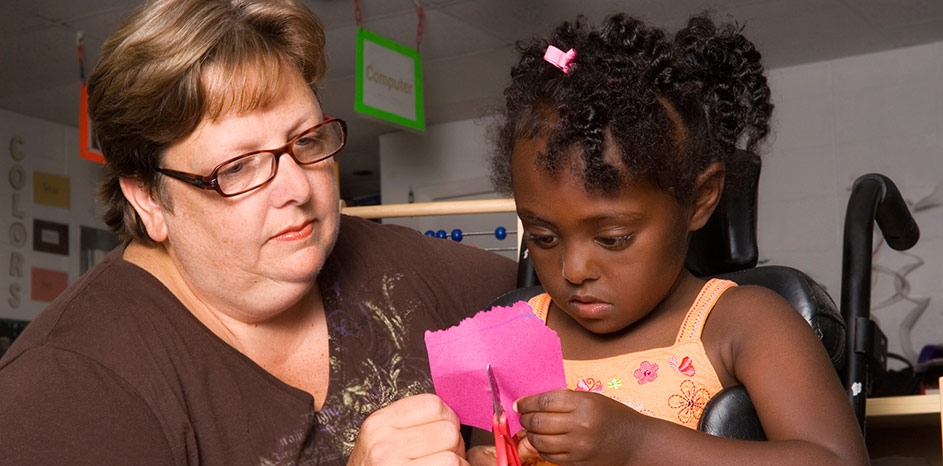
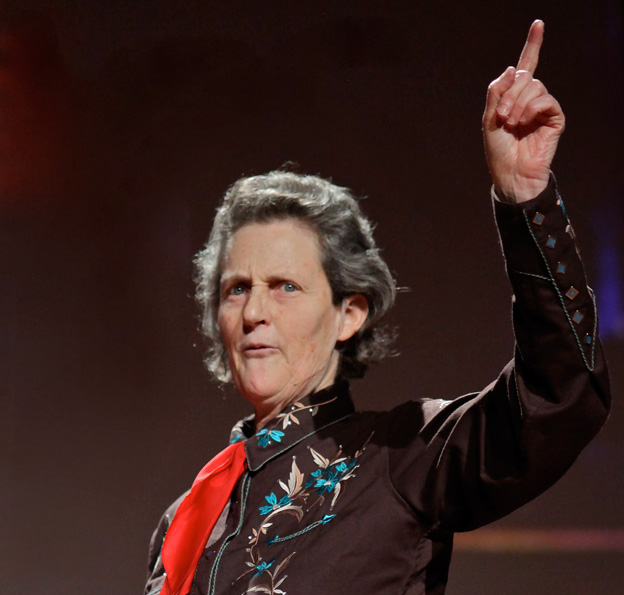
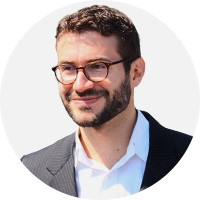

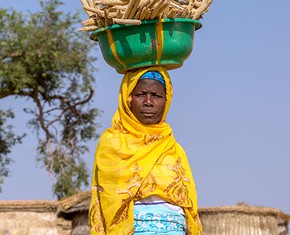
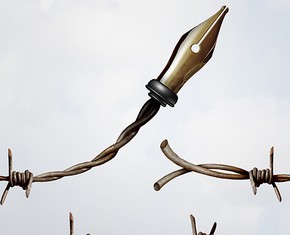
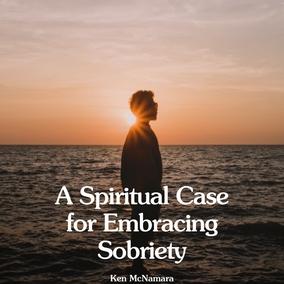
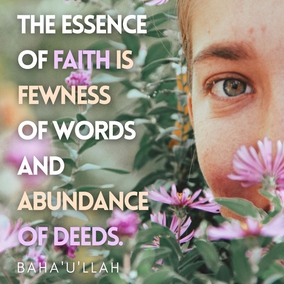
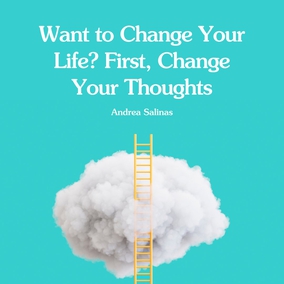
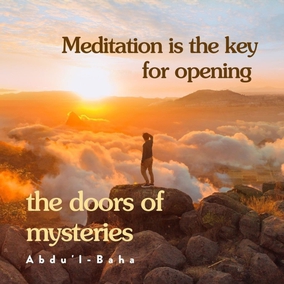
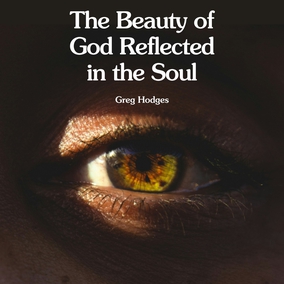
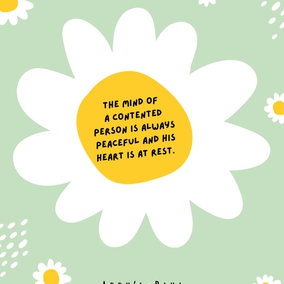
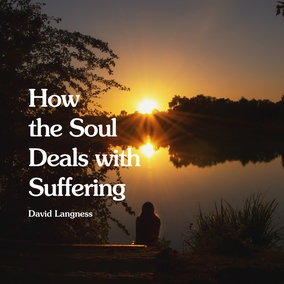
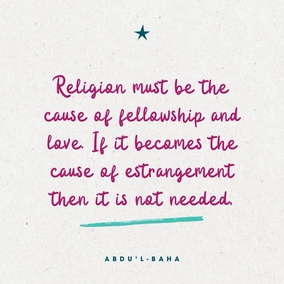

Comments
Sign in or create an account
Continue with Googleor